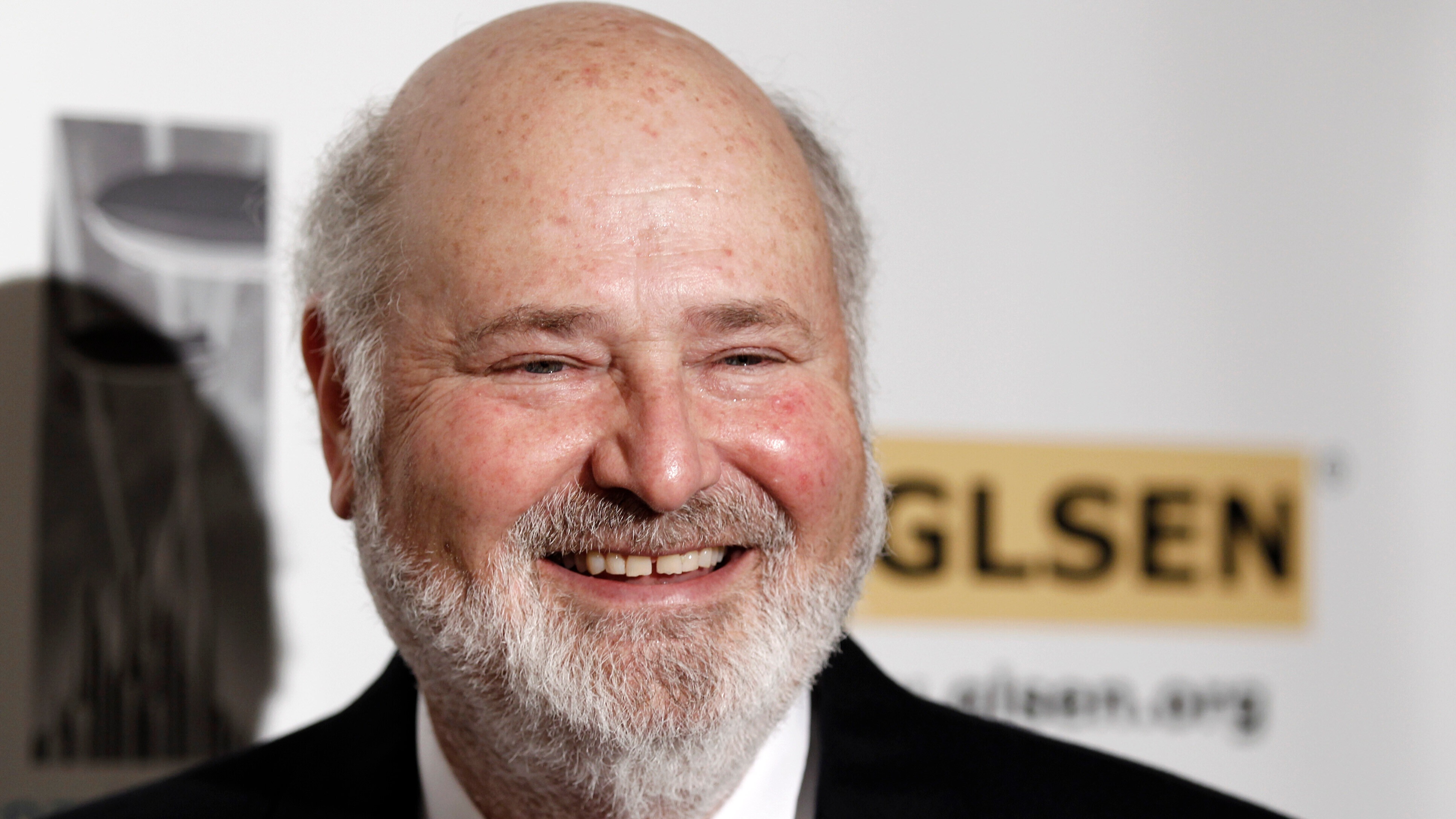The MSP who will this week publish a Bill to legalise assisted dying in Scotland said he is now “absolutely convinced” the “long-overdue reform” will be passed by Holyrood.
Liam McArthur expects to publish his Assisted Dying For Terminally Ill Adults (Scotland) Bill on Thursday.
With both Prime Minister Rishi Sunak and Labour leader Sir Keir Starmer pledging to allow a debate on the issue at Westminster after the next general election, Liberal Democrat MSP McArthur said there was now an “increasingly irresistible” momentum towards changing the law.
His member’s bill will be the third time Holyrood has voted on legalising assisted dying, with previous bids overwhelmingly rejected.
But McArthur, speaking on BBC Scotland’s The Sunday Show said he believes the “political mood has changed”.
He said: “I am absolutely convinced that this long-overdue reform will pass and that the political mood now is closer to where the public mood has been for so long.”
The MSP added: “In recent weeks you have seen both the Prime Minister and the leader of the Opposition both committing themselves to meaningful votes on this issue in Westminster after the next general election.
“I think the momentum behind the case for change is now increasingly, I think, irresistible.”
His comments came as Suzie McAllister told the programme how her husband Colin had asked her to obtain poison for him during his final weeks with cancer.
Mrs McAllister told The Sunday Show: “The end few weeks were very, very difficult. Colin said to me we should look into Dignitas, but it was so expensive.
“He said nobody should have to live like this; we should be able to choose how we want to go.
“The nurses did what they could but he would often wake up screaming in pain.
“What I saw and had to deal with will live with me forever.”
She revealed: “Colin asked me to source poison for him from the internet and I couldn’t do that.”
The widow told how her husband had “very little dignity in the end”, adding: “We tried everything to ease his pain, and if I could have taken away those last few weeks of pain and distress for him with something like what this Bill would give us, I would do it in a heartbeat.”
Meanwhile, McArthur said: “The ban on assisted dying at the moment is leading to too many people at the end of life facing horrible, traumatic deaths that impact not just them but those that they leave behind.
“And that is despite the very best efforts of palliative care, which we need to invest in and improve access to.
“But the choice of an assisted death in certain, specific, circumstances is a change that is long overdue.”
He told how his Bill would require two doctors – including one with no prior relationship with the patient – to both confirm the person is terminally ill and has the capacity to request an assisted death.
McArthur also said there would be a waiting period of two weeks between the request and the medication – which they would have to be able to take themselves – being provided.
At the time the medication is given, the medical professional would “also need to satisfy themselves both of the determination of the patient to continue and the fact that capacity was still there at the end”, he added.
Doctors and others opposed to the procedure would be able to exempt themselves from being involved, McArthur stressed, adding there would also be a requirement for those requesting an assisted death to have lived in Scotland for at least a year beforehand.
While he added that some issues would need to be resolved with Westminster, initial conversations with the Scotland Office about his Bill have been “constructive”, with McArthur adding: “I am encouraged by those early discussions.”
Dr Gordon Macdonald, chief executive of Care Not Killing, which is campaigning against the Bill, warned that changing the law “would place the vulnerable under pressure, and possible coercion, to request death for fear of being a financial, emotional, time or care burden”.
He added: “Evidence from the Netherlands, Belgium and Canada shows what starts for people who are terminally ill extends to the chronically ill, from adults to children, from ‘mentally competent’ to those lacking capacity.
“The current law is clear and works as a deterrent, allowing discretion in prosecution and sentencing, tempering justice with mercy.
“Scotland can do better – investing more in palliative and social care.
“MSPs should not opt for the cheap solution of assisted dying by suicide or euthanasia – and I believe they will not.”
Follow STV News on WhatsApp
Scan the QR code on your mobile device for all the latest news from around the country


 iStock
iStock
























